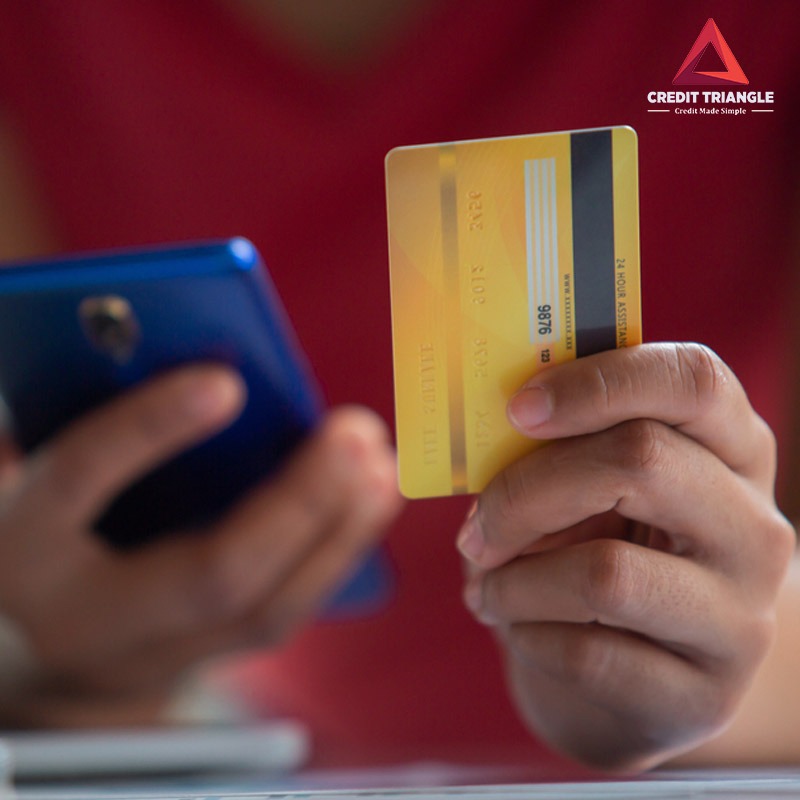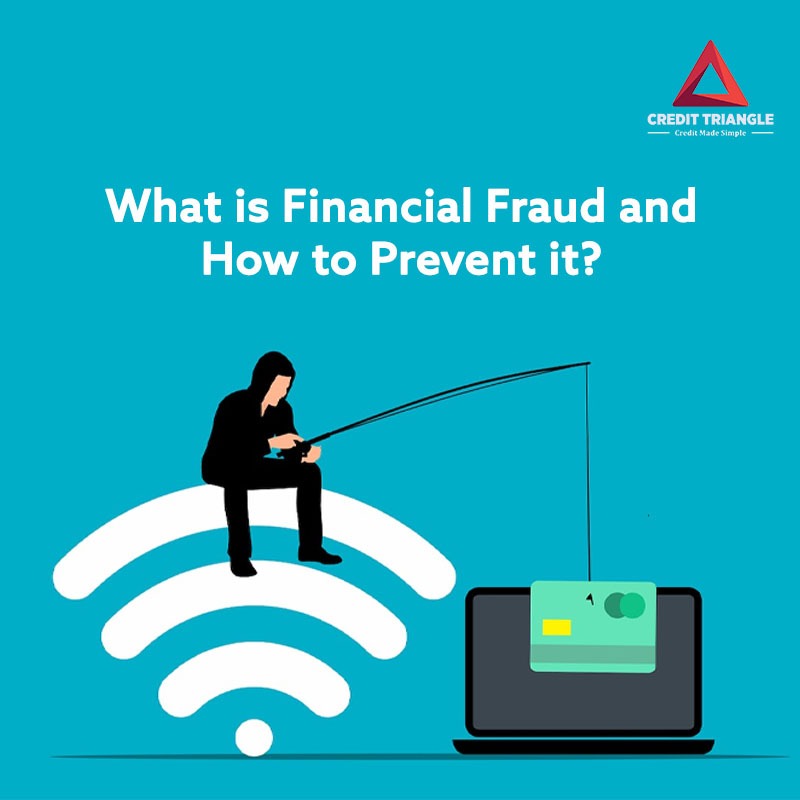When it comes to managing your personal finances, one of the most important things you can do is keep track of your credit score.
Your credit score plays a major role in everything from getting approved for a loan to renting an apartment, so it’s important to stay on top of any changes or fluctuations. That’s where credit monitoring services come in – these tools can help you keep tabs on your credit score, alert you to any suspicious activity, and give you insights into how to improve your credit over time. But with so many options on the market, how do you choose the best credit monitoring service for your needs?
Here are a few key factors to consider:
-
Features
Different credit monitoring services offer different features, so it’s important to think about what you need most. Do you want a service that will give you daily credit-score updates? One that offers identity theft protection? Look for a service that offers the features that are most important to you.
-
Price:
Credit monitoring services can range from free to several hundred dollars per year, so it’s important to consider your budget. Keep in mind that the most expensive service isn’t always the best – make sure you’re getting good value for your money.
-
Reputation:
Do your research and read reviews from other customers to get a sense of the reputation of the credit monitoring service you’re considering. Look for a service that has a track record of reliability and customer satisfaction.
-
Customer support:
If you have questions or concerns about your credit score, it’s important to have access to good customer support. Look for a credit monitoring service that offers multiple ways to get in touch with support, and make sure they have a reputation for being responsive and helpful.
-
Ease of use:
Finally, consider how easy the credit monitoring service is to use. Is the website or app user-friendly? Can you easily access your credit score and other important information? Look for a service that is easy to navigate and won’t add unnecessary stress to your financial management routine.
Conclusion
By considering these factors and doing your research, you can choose the best credit monitoring service for your needs and keep your credit score in great shape.
To understand More click on the link for credit score knowledge.






